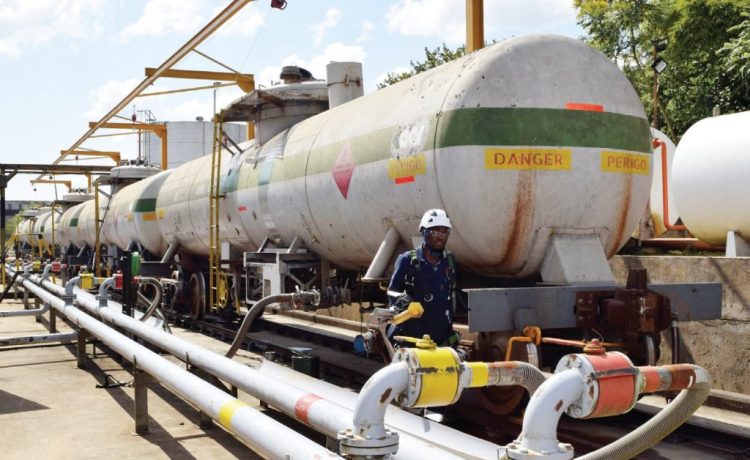The recent arrival of over 300 trucks bearing much-needed diesel and petrol in Malawi offers a glimmer of hope for a nation grappling with a severe fuel shortage. The Government to Government (G2G) arrangement with Abu Dhabi has not only provided a temporary solution but also highlighted both the challenges and opportunities that lie ahead in securing a stable energy future for the country.
As Minister of Energy Ibrahim Matola pointed out, the government has initiated a process to invite expressions of interest from various refinery nations, signaling a willingness to explore diverse partnerships to ensure energy security. This proactive approach is commendable; however, it must be accompanied by sustained efforts to address the underlying issues that have contributed to the fuel crisis in the first place.
While the present influx of fuel hauliers has helped ease the long queues at petrol stations, the ongoing challenge of a parallel or black market remains. This illicit trade not only exacerbates the situation but also hampers the gains made from legitimate supply channels. As TAM chairperson Happy Jere emphasized, tackling the black market should be a priority for the government to ensure fuel availability across all regions, including rural areas where access has historically been limited.
Furthermore, the statistics presented by Nocma, illustrating that the nation spends an estimated $600 million annually on fuel imports, serve as a stark reminder of the economic burden this crisis places on Malawi. A strategic reevaluation of fuel procurement and distribution must accompany these emergency measures. Investing in domestic fuel production, renewable energy sources, and alternative transportation methods could ultimately create a more resilient energy infrastructure, reducing dependency on imports and insulating the economy from external shocks.
The arrival of these trucks represents a critical turning point. It is an opportunity for the government to engage stakeholders—transporters, retailers, and citizens—in a constructive dialogue to build a more robust energy framework. Transparency in the G2G engagements and a commitment to fair pricing will help in stabilizing the market and restoring public trust.
The current inflow of fuel serves as a temporary measure but must be coupled with a visionary plan that embraces sustainable practices, tackles corruption, and ultimately nurtures a self-sufficient energy environment. It is encouraging to note that the government is focused not just to afford Malawians breathe a sigh of relief, but laying the groundwork for a stable, prosperous energy future.












